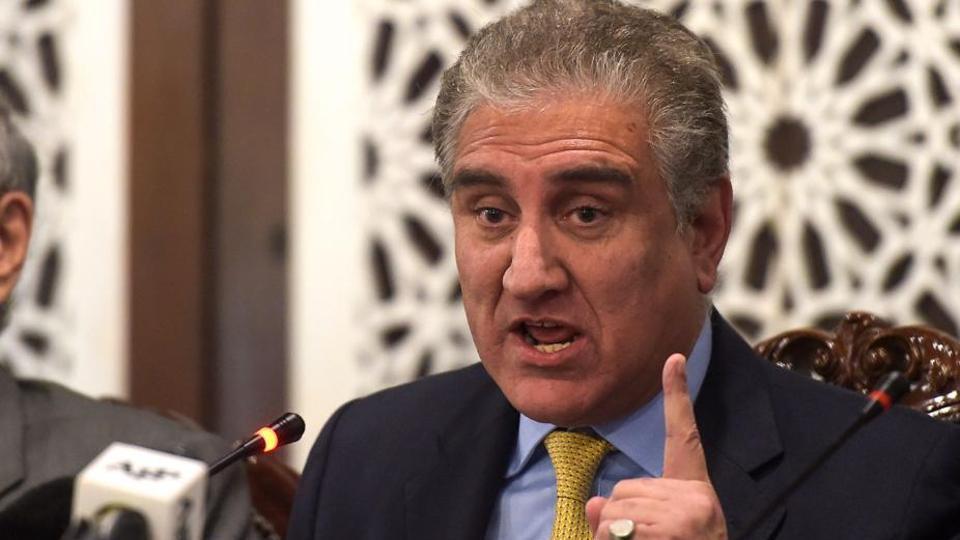Pakistan could be blacklisted by Paris-based FATF
Thu 04 Apr 2019, 10:55:44

Pakistan could be blacklisted by the Financial Action Task Force (FATF) due to insufficient physical actions on the ground against banned terror groups to block the flow of funds and activities.
In June last year, the Paris-based FATF had placed Pakistan on the 'grey list' of countries whose domestic laws are considered weak to tackle the challenges of money laundering and terror financing.
A group of experts from the FATF recently visited Pakistan to review whether Islamabad has made enough progress on global standards against financial crimes to warrant its exclusion from the watchdog's grey list.
The FATF noted that Pakistan had revised its terror financing risk assessment but did not demonstrate a proper understanding of the terror financing risks posed by the Islamic State group, Al-Qaeda, Jamaat-ud-Dawah (JuD),
Falah-i-Insaniat (FIF), Lashkar-e-Taiba (LeT), Jaish-e-Mohammed (JeM), Haqqani Network and persons affiliated with the Taliban.
Falah-i-Insaniat (FIF), Lashkar-e-Taiba (LeT), Jaish-e-Mohammed (JeM), Haqqani Network and persons affiliated with the Taliban.
Pakistan's foreign minister has acknowledged that the country could lose up to 10 billion dollars annually if it remains on that list.
India continues to put pressure on the International community to keep Pakistan on that list. Pakistan's rulers are worried that if the pressure keeps mounting, it will soon be faced with severe economic hardship.
The FATF is working to curb terrorism financing and money laundering and has asked Pakistan to reassess the operation of banned terrorist outfits in the country.
Pakistan is under intense international pressure to rein in terror groups like the Jaish-e-Mohammed (JeM) after the Pulwama terror attack.
No Comments For This Post, Be first to write a Comment.
Most viewed from International
Most viewed from World
AIMIM News
Latest Urdu News
Most Viewed
May 26, 2020
Do you think Canada-India relations will improve under New PM Mark Carney?
Latest Videos View All
Like Us
Home
About Us
Advertise With Us
All Polls
Epaper Archives
Privacy Policy
Contact Us
Download Etemaad App
© 2025 Etemaad Daily News, All Rights Reserved.

.jpg)
.jpg)
.jpg)






.jpg)


.jpg)
.jpg)
.jpg)
.jpg)
.jpg)
.jpg)
.jpg)
.jpg)
.jpg)
.jpg)
.jpg)
.jpg)

















